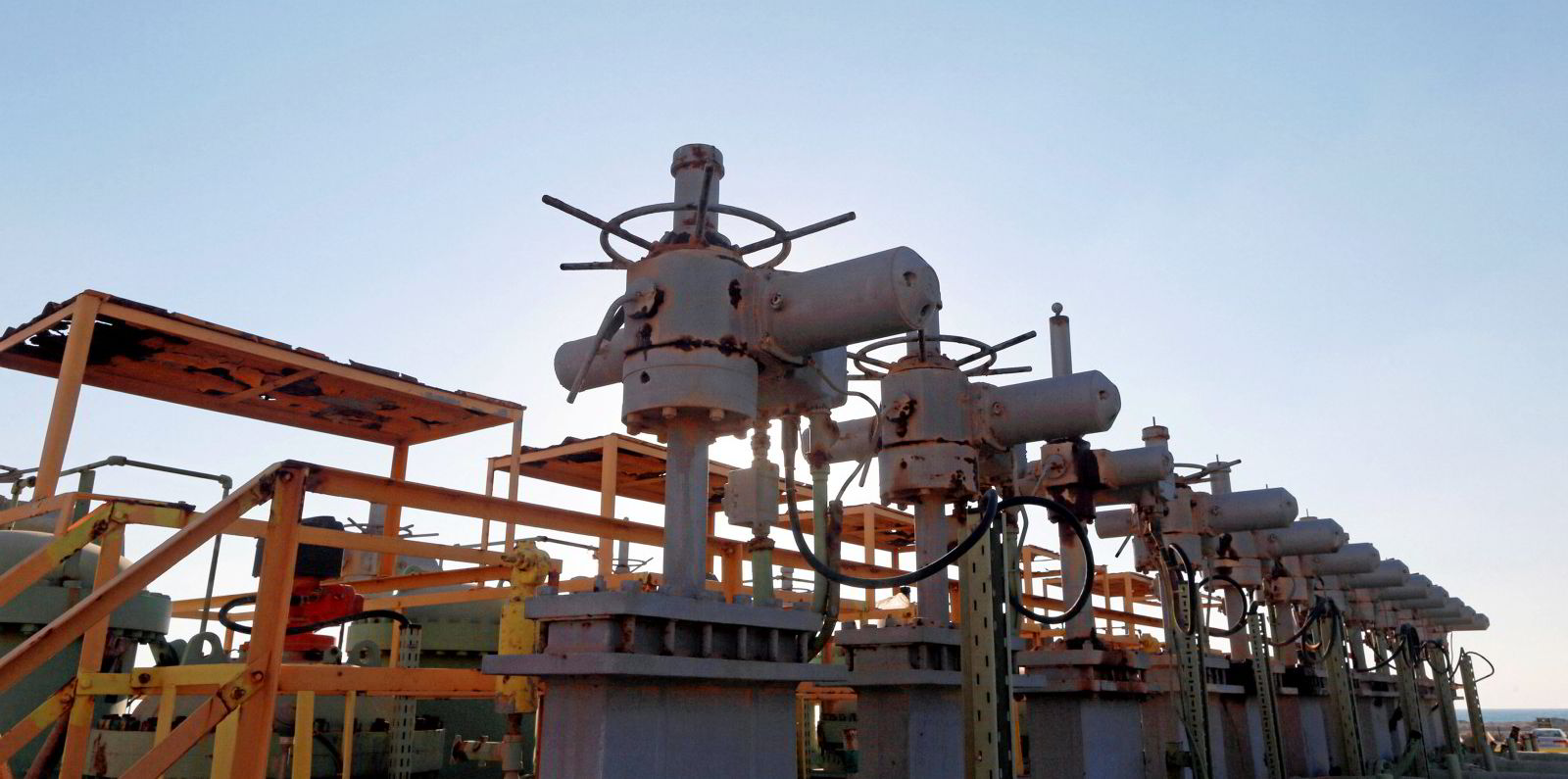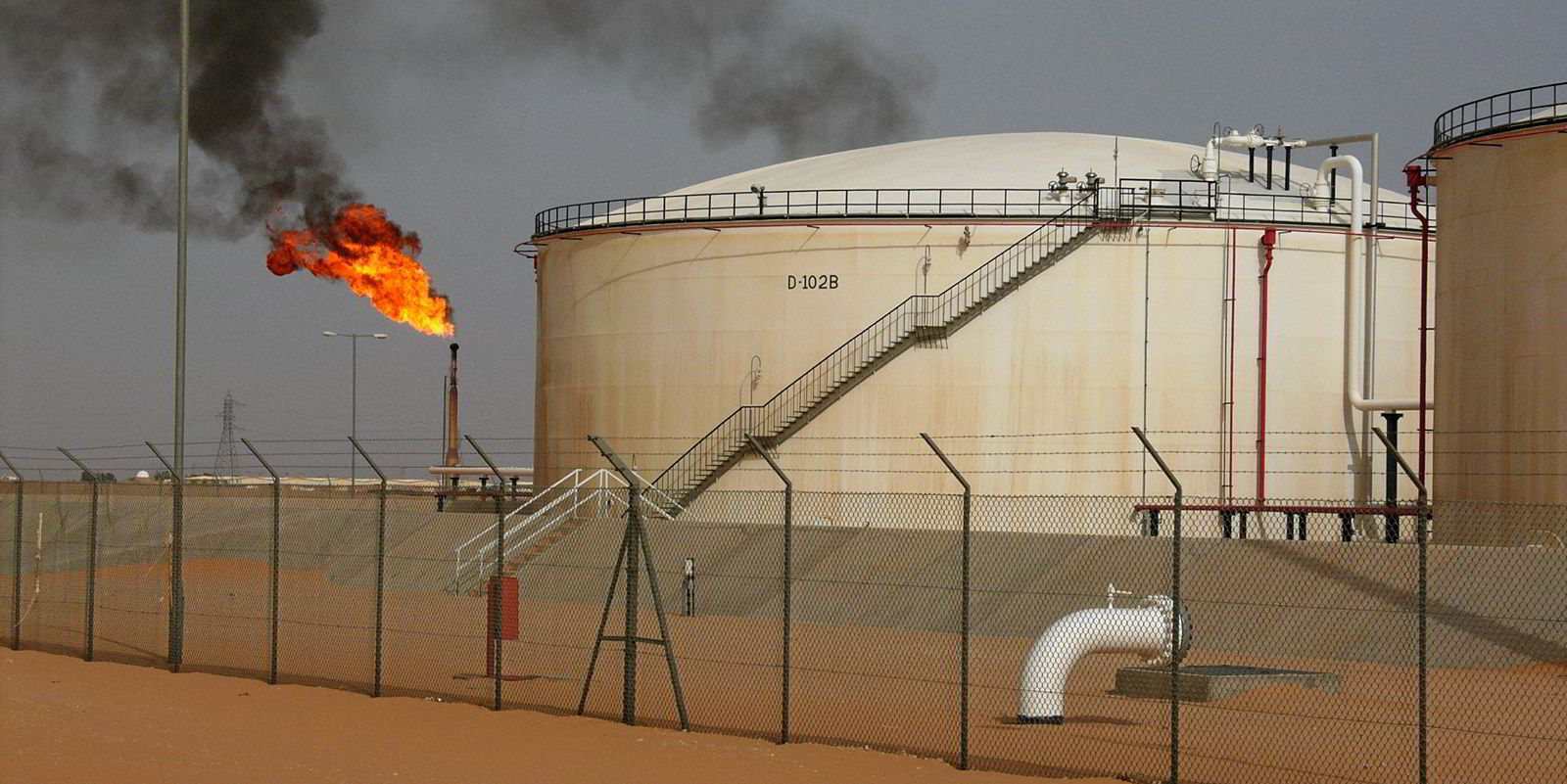Global oil supplies are coming under more pressure after Libya announced another tanker port closure.
The country’s National Oil Corporation (NOC) said it has declared force majeure on crude exports from the Brega terminal “because it is impossible to implement its commitments towards the oil market”.
The NOC has blamed a group of unidentified individuals putting pressure on workers for a series of closures of oil and gas fields in recent days.
Libya had already shut down production from the Al-Sharara oil field earlier this week until further notice, following the forced closure of the Al-Feel field over the weekend.
And crude oil production has been halted at the Abuatufol, Al-Intisar, Anakhla and Nafura fields, which ship cargoes through the port of Zueitina.
Production at the gas plant in the port has also been halted.
NOC chairman Mustafa Sanalla said all fields and producing stations associated with the port and shipping facilities will be halted until further notice.
And there is a force majeure on Mellitah crude.
This all adds to supply pressures arising from sanctions on Russia.
NOC called the actions of the militia “absurd”.
Revenue lost
“At a time when oil prices are recovering significantly due to increased global demand, which is being exploited by all producing countries to increase their oil revenues, the Libyan crude is being subjected to a wave of illegal closures,” the oil company added.
NOC warned this will cause serious damage to wells, reservoirs and surface equipment.
“With global supplies now so tight, even the most minor disruption is likely to have an outsized impact on prices,” said Jeffrey Halley, an analyst at brokerage OANDA.
Two governments
The unidentified group has said it is halting production “until a government appointed by parliament takes office in the capital,” state media reported.
Libya now has two rival governments again, after the eastern-based parliament in February appointed a new prime minister in a direct challenge to the UN-backed government in Tripoli.
Aframax rates had taken a tumble this week and were expected to fall further due to the first closures in Libya.
The Baltic Exchange assessed aframax time charter equivalent rates at $82,067 per day, a single-session drop of $5,172 that continued a slide that started on 12 April, when rates were at $90,537 per day.
Rates to be tested
“With force majeure declared over the weekend for the majority of Libyan ports, we expect rates to be tested lower in the coming days,” UK shipbroker Howe Robinson Partners said.
“The NOC has always stressed the importance of neutralising the oil sector and avoiding the political conflicts in the country,” Sanalla added.
“We urge the general Libyan people to form a local public opinion aimed at maintaining the flow of oil to the world markets and taking advantage of the current price boom,” he added.






